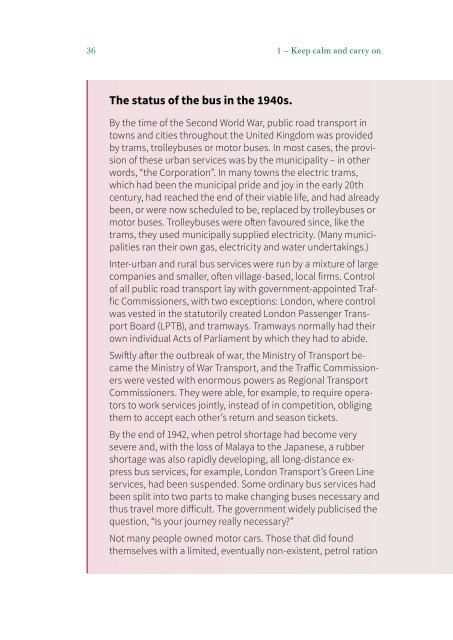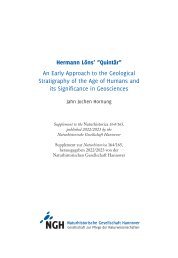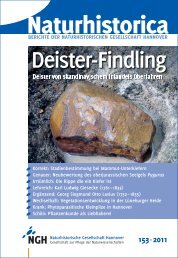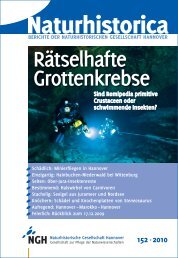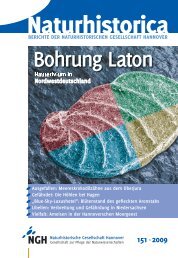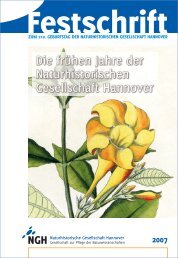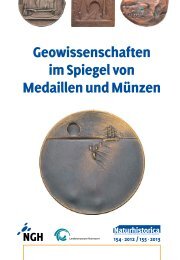Roger Atkinson - Blackout, Austerity and Pride
Blackout, Austerity and Pride – Life in the 1940s is a book written primarily from actual experience. It tells how an alert and intelligent boy, effectively orphaned at the age of 13, sets out to gain a foothold in life. Aided by some resourceful women, he unites a thirst for knowledge with a growing passion for places and buses and a strong sense of duty. http://www.memoir1940s.org.uk/
Blackout, Austerity and Pride – Life in the 1940s is a book written primarily from actual experience. It tells how an alert and intelligent boy, effectively orphaned at the age of 13, sets out to gain a foothold in life. Aided by some resourceful women, he unites a thirst for knowledge with a growing passion for places and buses and a strong sense of duty.
http://www.memoir1940s.org.uk/
Create successful ePaper yourself
Turn your PDF publications into a flip-book with our unique Google optimized e-Paper software.
36 1 — Keep calm <strong>and</strong> carry on<br />
The status of the bus in the 1940s.<br />
By the time of the Second World War, public road transport in<br />
towns <strong>and</strong> cities throughout the United Kingdom was provided<br />
by trams, trolleybuses or motor buses. In most cases, the provision<br />
of these urban services was by the municipality – in other<br />
words, “the Corporation”. In many towns the electric trams,<br />
which had been the municipal pride <strong>and</strong> joy in the early 20th<br />
century, had reached the end of their viable life, <strong>and</strong> had already<br />
been, or were now scheduled to be, replaced by trolleybuses or<br />
motor buses. Trolleybuses were often favoured since, like the<br />
trams, they used municipally supplied electricity. (Many municipalities<br />
ran their own gas, electricity <strong>and</strong> water undertakings.)<br />
Inter-urban <strong>and</strong> rural bus services were run by a mixture of large<br />
companies <strong>and</strong> smaller, often village-based, local firms. Control<br />
of all public road transport lay with government-appointed Traffic<br />
Commissioners, with two exceptions: London, where control<br />
was vested in the statutorily created London Passenger Transport<br />
Board (LPTB), <strong>and</strong> tramways. Tramways normally had their<br />
own individual Acts of Parliament by which they had to abide.<br />
Swiftly after the outbreak of war, the Ministry of Transport became<br />
the Ministry of War Transport, <strong>and</strong> the Traffic Commissioners<br />
were vested with enormous powers as Regional Transport<br />
Commissioners. They were able, for example, to require operators<br />
to work services jointly, instead of in competition, obliging<br />
them to accept each other’s return <strong>and</strong> season tickets.<br />
By the end of 1942, when petrol shortage had become very<br />
severe <strong>and</strong>, with the loss of Malaya to the Japanese, a rubber<br />
shortage was also rapidly developing, all long-distance express<br />
bus services, for example, London Transport’s Green Line<br />
services, had been suspended. Some ordinary bus services had<br />
been split into two parts to make changing buses necessary <strong>and</strong><br />
thus travel more difficult. The government widely publicised the<br />
question, “Is your journey really necessary?”<br />
Not many people owned motor cars. Those that did found<br />
themselves with a limited, eventually non-existent, petrol ration


